Air traffic has been steadily picking up since the pandemic disruption, with ACI reporting that it finally exceeded pre-pandemic levels in the first half of 2024. Connections that were abandoned in 2020 have been bouncing back, and the world’s busiest flight routes are returning to expected volumes.
Global travel data company OAG has released its analysis of the busiest international flight routes of 2024, and there have been some changes. Notable is the surge in passenger volume in Asia, where pandemic restrictions were last to lift and carriers have been slow to reinstate capacity.
Back in the top spot is the burgeoning connection from Hong Kong (HKG) to Taipei (TPE), which was traditionally the busiest route in the world, but hasn’t held the top position since 2019. Last year’s busiest flight route between Kuala Lumpur (KUL) and Singapore (SIN) dropped to fourth place, despite traffic growing by 10%.
Let’s take a look at each of the world’s busiest international flight routes in more detail.
10: New York JFK – London Heathrow – 4,011,235 seats
| LHR – JFK statistics | |
| Length | 3,442 miles |
| Airlines | Virgin Atlantic, American Airlines, Delta Air Lines, JetBlue, British Airways, Norse Atlantic |
| Rank in 2023 | 8th |
| Growth since 2023 | +3% |
| Growth since 2019 | +5% |
The traffic between London Heathrow (LHR) and New York JFK has long been extensive enough that it keeps this route in the top 10. Last year it achieved eighth, but more because Asian carriers were still in recovery mode than its own exemplary performance.
Covering almost 3,500 miles, it’s the longest route in this top 10 list and the only one featuring western destinations.
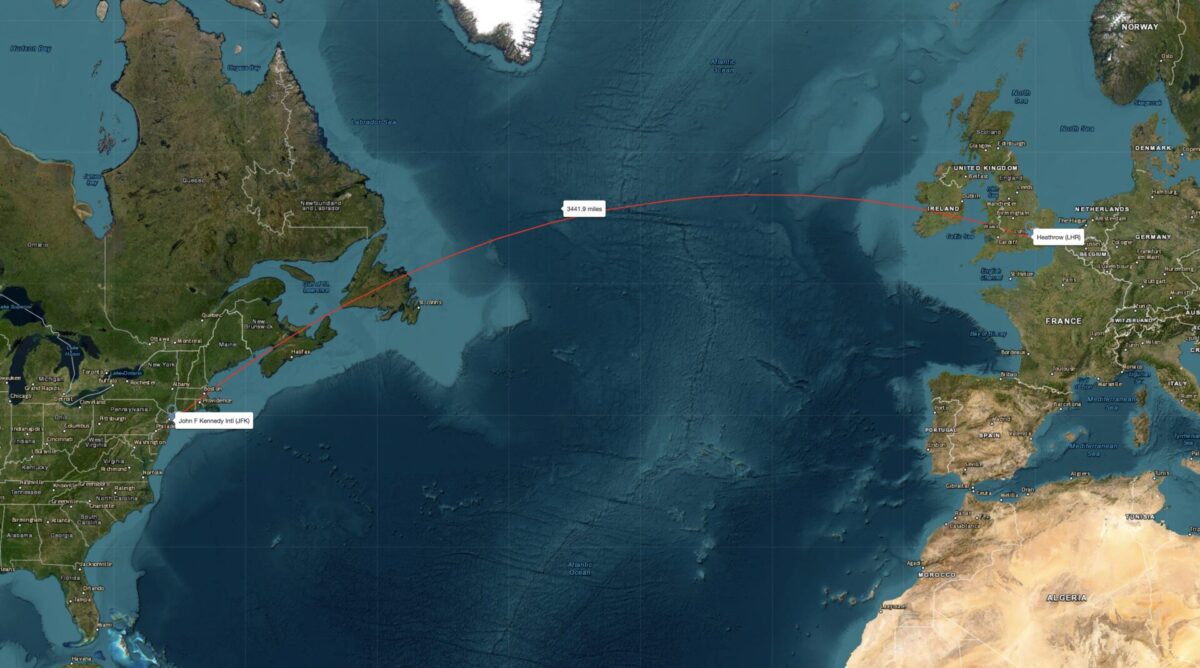

Traditionally a high-traffic business class route, Heathrow to JFK sees airlines plying their flagship aircraft in a bid to snag their share of the traffic. British Airways took the iconic A380 to JFK until November 2024, when it switched it out for its 777s with the new Club Suite onboard.
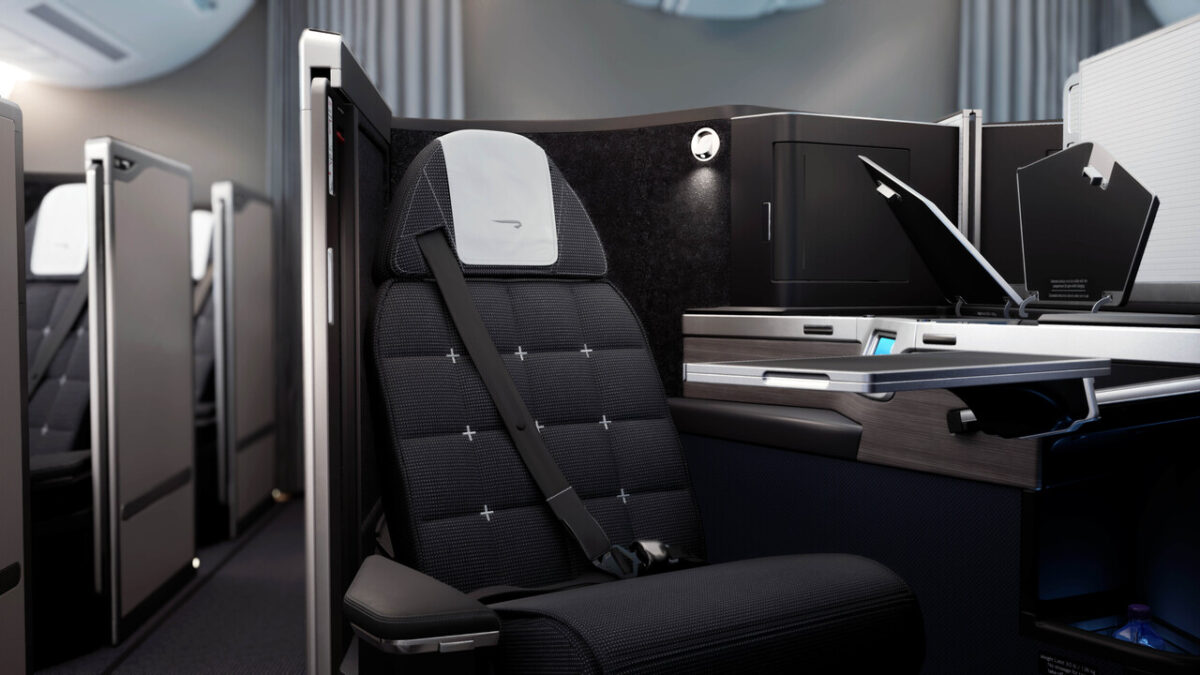

Virgin Atlantic flies its flagship Airbus A350-1000 on the route, having swapped out the 747-400 during the pandemic. All the US airlines fly premium-heavy configurations on this billion-dollar route, including JetBlue with its new Mint product on the A321LR. The only outlier here is Norse Atlantic, a low-cost airline without a business class product that has been running at a loss through 2024.
9: Bangkok Suvarnabhumi – Singapore Changi – 4,033,344 seats
| BKK – SIN statistics | |
| Length | 880 miles |
| Airlines | Singapore Airlines, Scoot, Thai Airways, Jetstar, Thai Lion Air, AirAsia |
| Rank in 2023 | 9th |
| Growth since 2023 | +16% |
| Growth since 2019 | +5% |
Getting between these two popular Southeast Asian cities is easiest and quickest by plane. Taking just two and a half hours, compared to 12 hours by bus, it’s a well-used entry route into the heart of SEA from one of the world’s biggest international gateways.
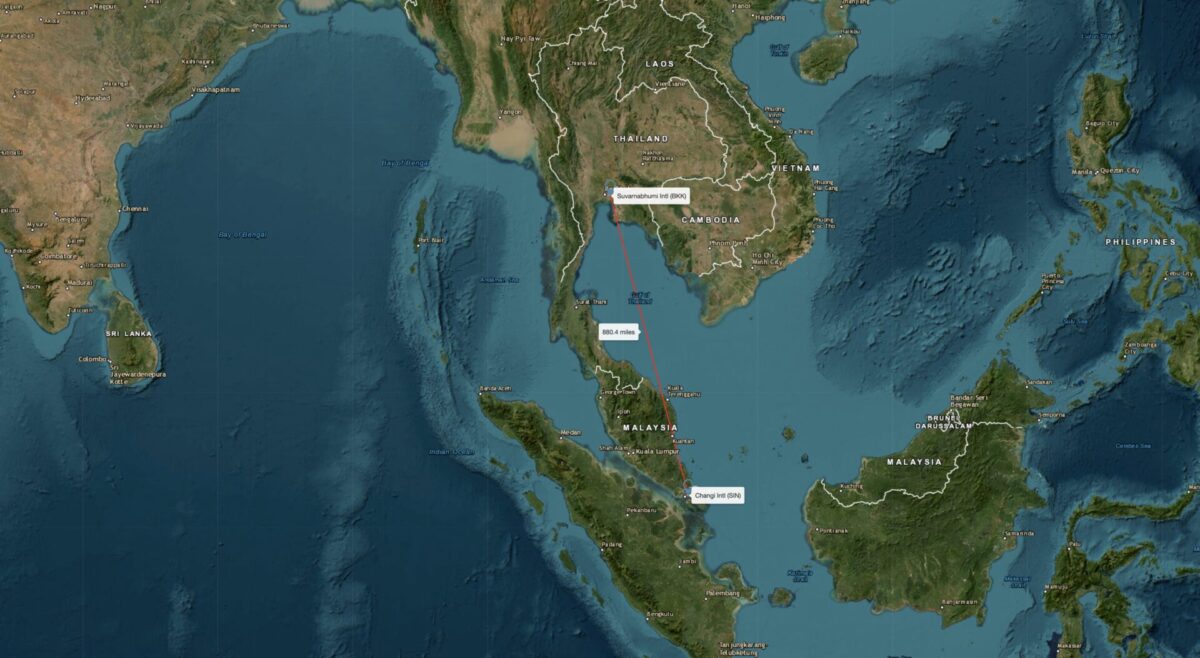

More than four million seats were available on the route in 2024, up 16% compared with last year. It’s also one of the Asian routes that has not only recovered to 2019 levels but actually surpassed it, up by 5% on its pre-pandemic traffic.
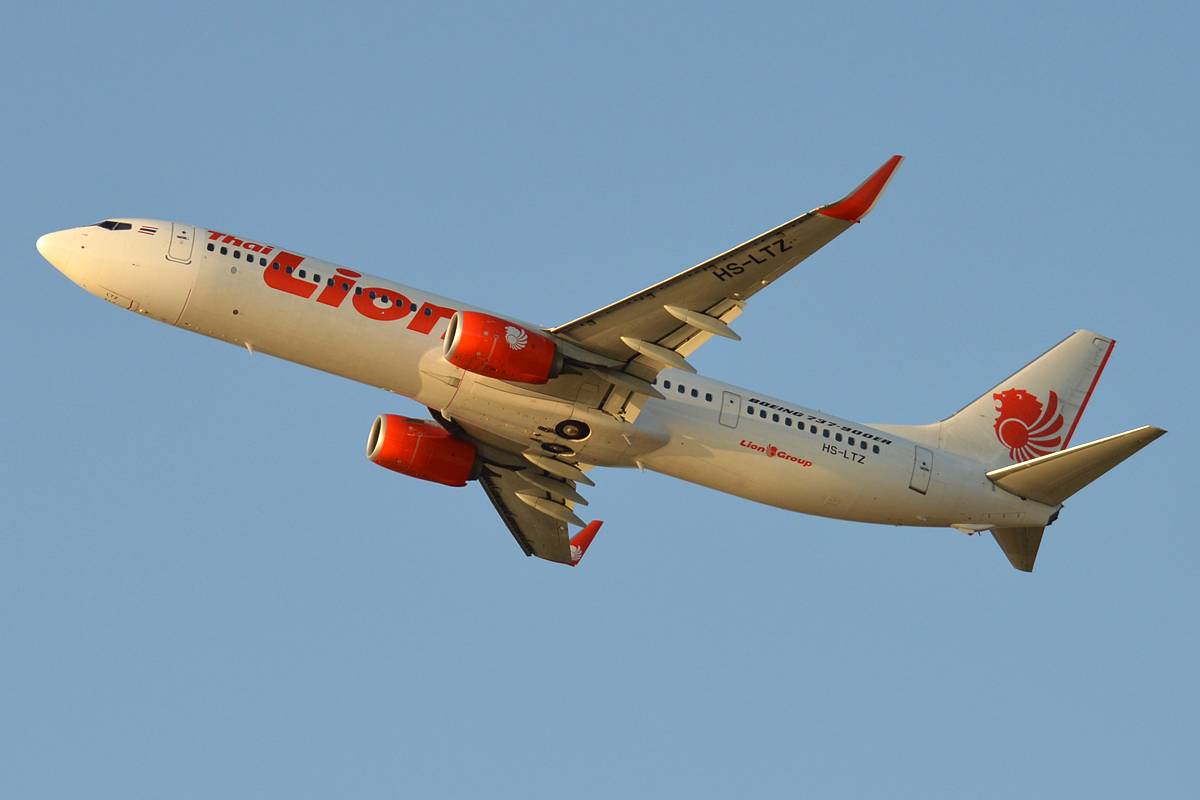

With multiple airlines flying the route, many of which are low-cost carriers, the prices on this route can be incredibly competitive. It’s not uncommon to find a return ticket for under $100, although fares do go up during busy periods.
8: Jakarta Soekarno–Hatta – Singapore Changi – 4,069,071 seats
| CGK – SIN statistics | |
| Length | 548 miles |
| Airlines | Citilink, Jetstar, Scoot, AirAsia, Lion Air, Batik Air, TransNusa, Garuda Indonesia, Singapore Airlines |
| Rank in 2023 | 7th |
| Growth since 2023 | +4% |
| Growth since 2019 | -26% |
Another route that has been growing in the last year is Jakarta to Singapore. Again, this is a connection with one of the world’s busiest international hubs, giving passengers onward connections from their long-haul flights to the region.
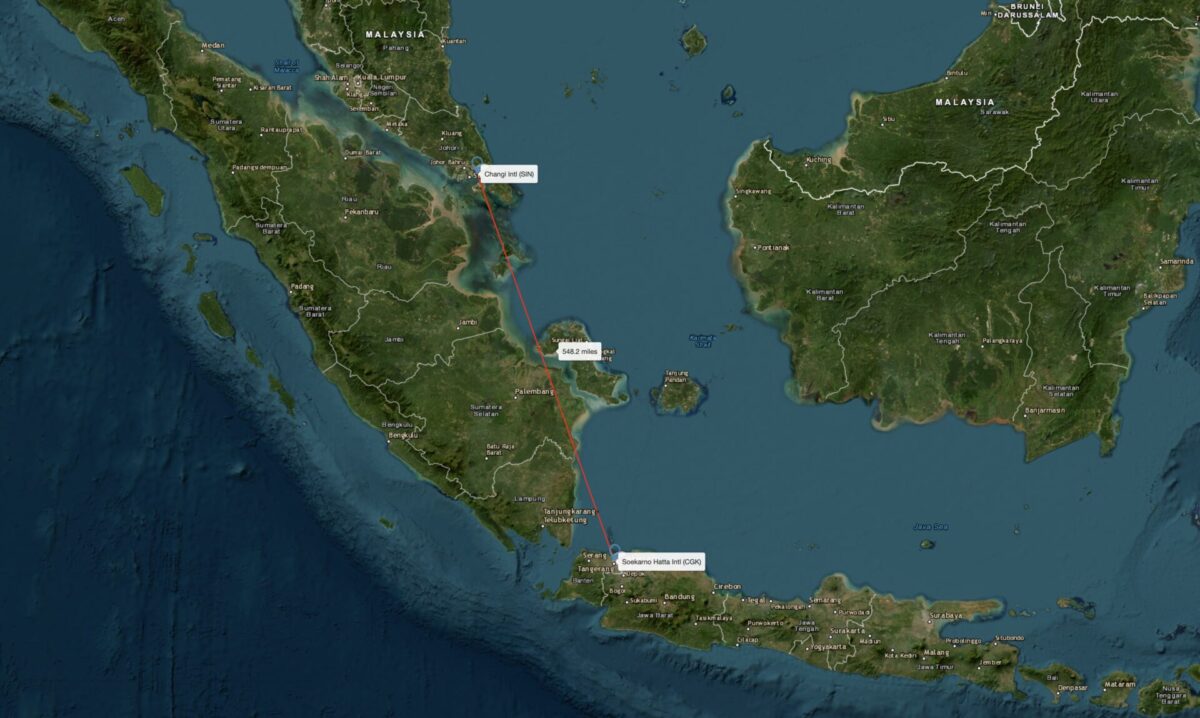

But it’s not only leisure travel that is influencing the popularity of this route. The close economic ties between Singapore and Indonesia mean the connection sees plenty of business travel as well, reflected in the dedication of full service carriers like Garuda and Singapore Airlines.
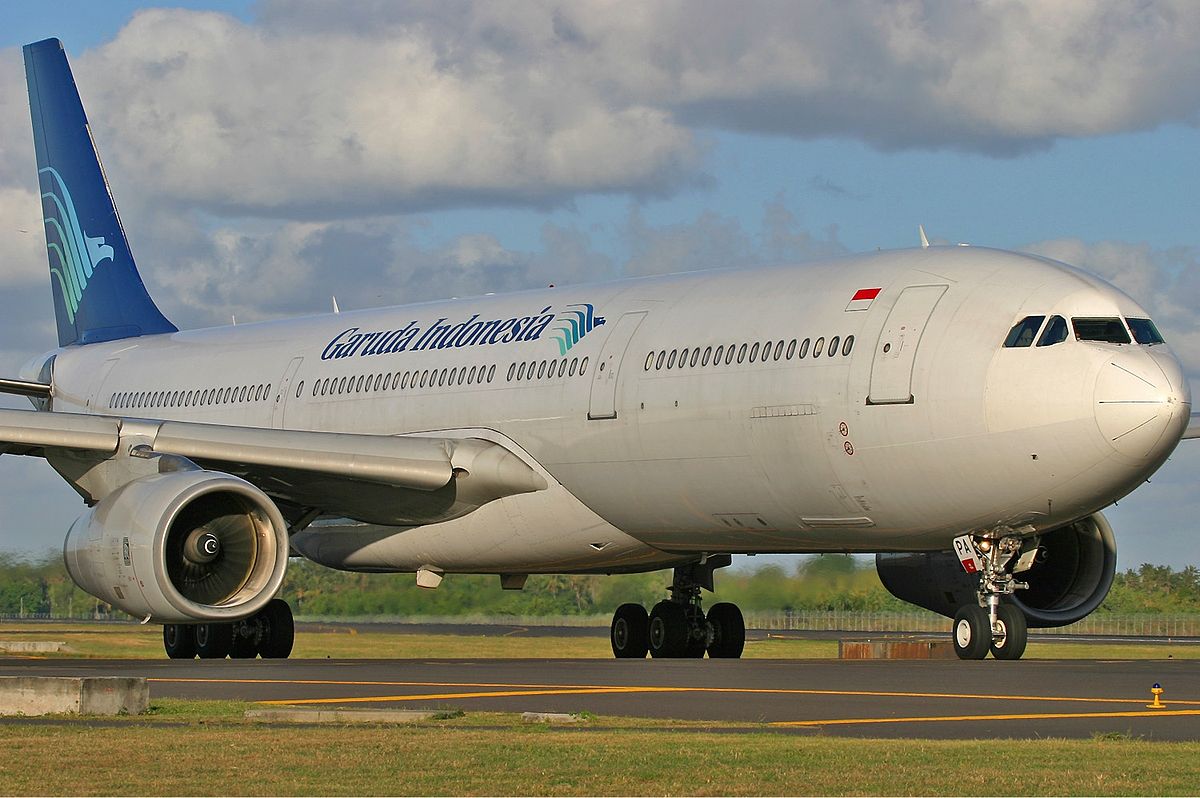

Garuda and Singapore Airlines launched a joint venture in May 2023, which was approved in July 2024. Together, the two airlines have recently upped their frequencies on this route, with Singapore moving to eight daily services from six, and Garuda moving from four to six in November 2024. Both airlines deploy widebodies on this route despite being under two hours in duration, with SIA using the A350 and Boeing 777, and Garuda using the A330-300.
7: Bangkok Suvarnabhumi – Hong Kong International – 4,201,802 seats
| BKK – HKG statistics | |
| Length | 1,050 miles |
| Airlines | Hong Kong Express, Greater Bay Airlines, Emirates, Hong Kong Airlines, Thai Airways, Cathay Pacific, Hong Kong Airlines, Ethiopian Airlines |
| Rank in 2023 | 11th |
| Growth since 2023 | +29% |
| Versus 2019 | -13% |
Connecting two economic hubs, Bangkok to Hong Kong is a route used as much by business travelers as leisure. It dropped out of the top 10 in 2023, but has recovered traffic in 2024 to climb back up to 7th.
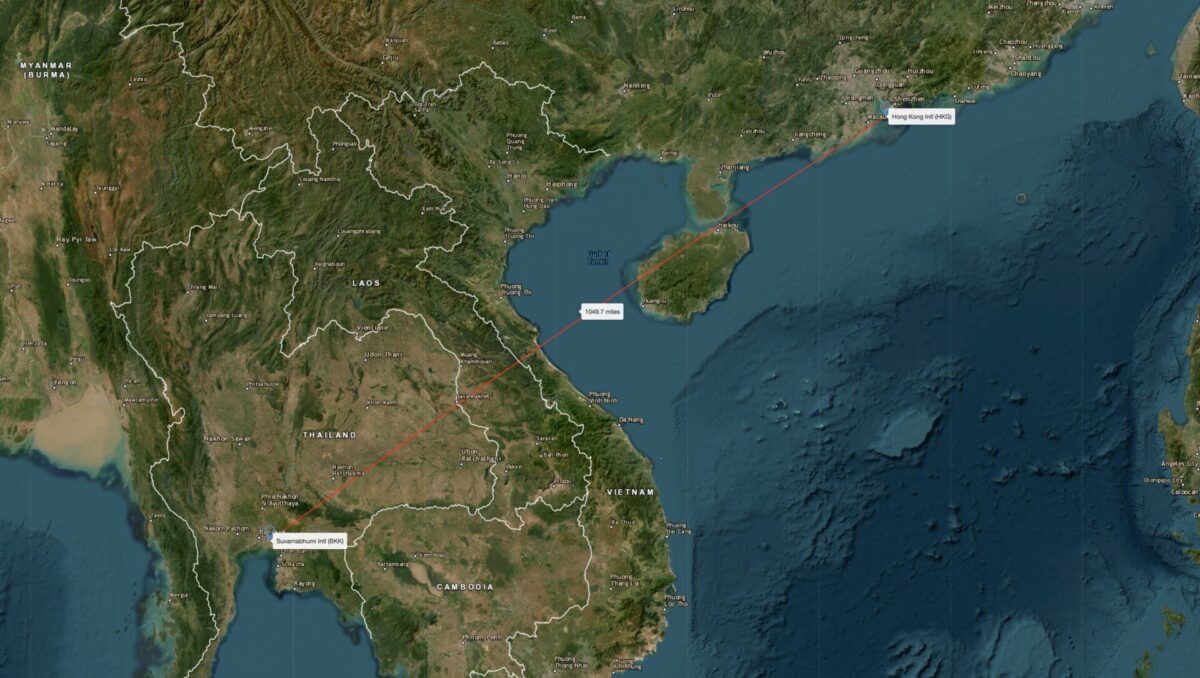

Although the route has grown 29% in terms of available seats in the last year, it’s still down 13% compared to pre-pandemic numbers. It’s an incredibly competitive route, with everyone from low-costs to full service plying the route. There are around 24 departures per day, with a mix of widebodies and narrowbodies flying the service.
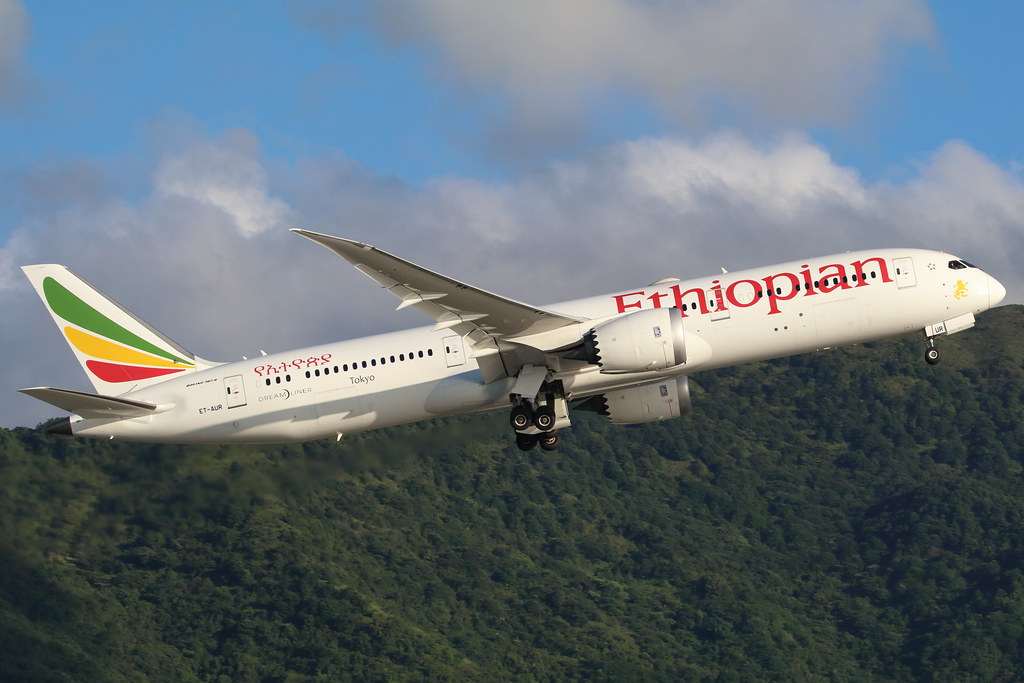

There’s an in-built hack on this route to get a better seat and a nicer airplane. Both Emirates and Ethiopian Airlines operate fifth freedom flights on this route, with widebodies you wouldn’t normally see on such a short service. Ethiopian brings its Boeing 787-9 to the party, while Emirates flies the iconic Airbus A380 on this route.
6: Dubai International – King Khalid International – 4,306,599 seats
| DXB – RUH statistics | |
| Length | 542 miles |
| Airlines | Flyadeal, Saudia, Flynas, flydubai, Emirates |
| Rank in 2023 | 6th |
| Growth since 2023 | +8% |
| Versus 2019 | +37% |
Maintaining 6th position in 2024 is the well-trafficked route from Dubai to Riyadh. Growing a staggering 37% since 2019, the two-hour flight takes the place of a ten-hour plus drive between the two cities.
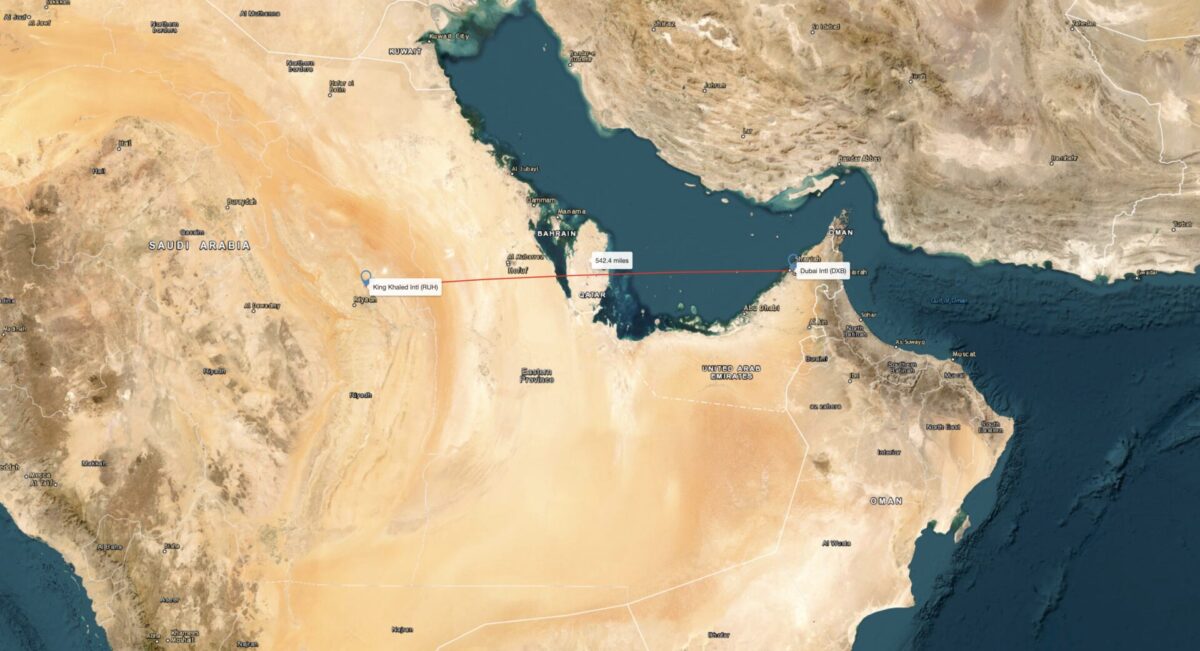

Populated with the biggest airlines in the UAE and Saudi Arabia, you can find both low-cost and full service options on the route. Flyadeal, flydubai and Flynas are all low-cost, flying narrowbody Airbus and Boeing aircraft, while Saudia switches between the A321 and the A330 for the service.
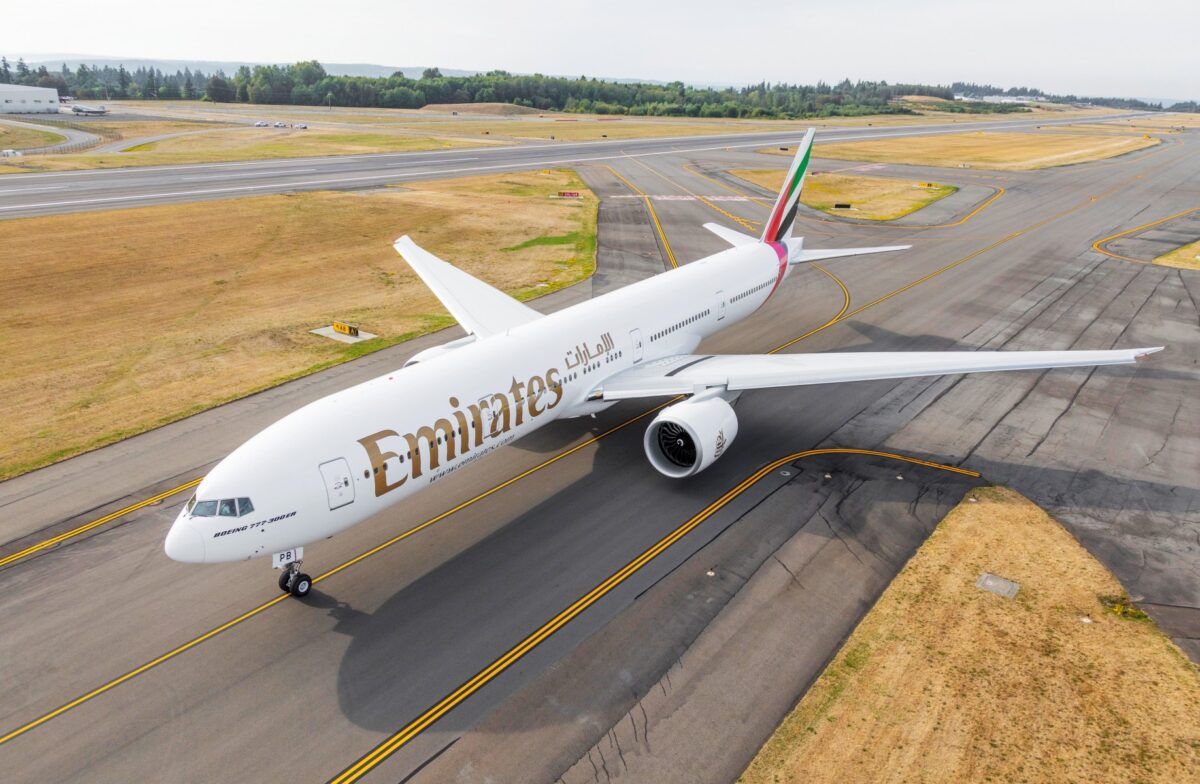

To be sure of a widebody flight, Emirates is the best option. It uses its Boeing 777 on the service at least three times per day, and has been known to fly the A380 on this short hop, although it is also typically the more expensive option. For cost savings, it’s entirely possible to find a ticket on one of the low-costs for under $120 most dates.
5: Seoul Incheon – Kansai International – 4,982,769 seats
| ICN – KIX statistics | |
| Length | 534 miles |
| Airlines | Air Seoul, Peach Aviation, Jeju Air, EASTAR JET, T’Way Air, Air Busan, Jin Air, Korean Air, Asiana |
| Rank in 2023 | 4th |
| Growth since 2023 | +18% |
| Versus 2019 | +45% |
With almost five million available seats in 2024, Incheon to Kansai remains in the top 10 but dropped a place from last year. Compared with pre-pandemic, the route is up 45% in capacity, and 18% from last year alone.
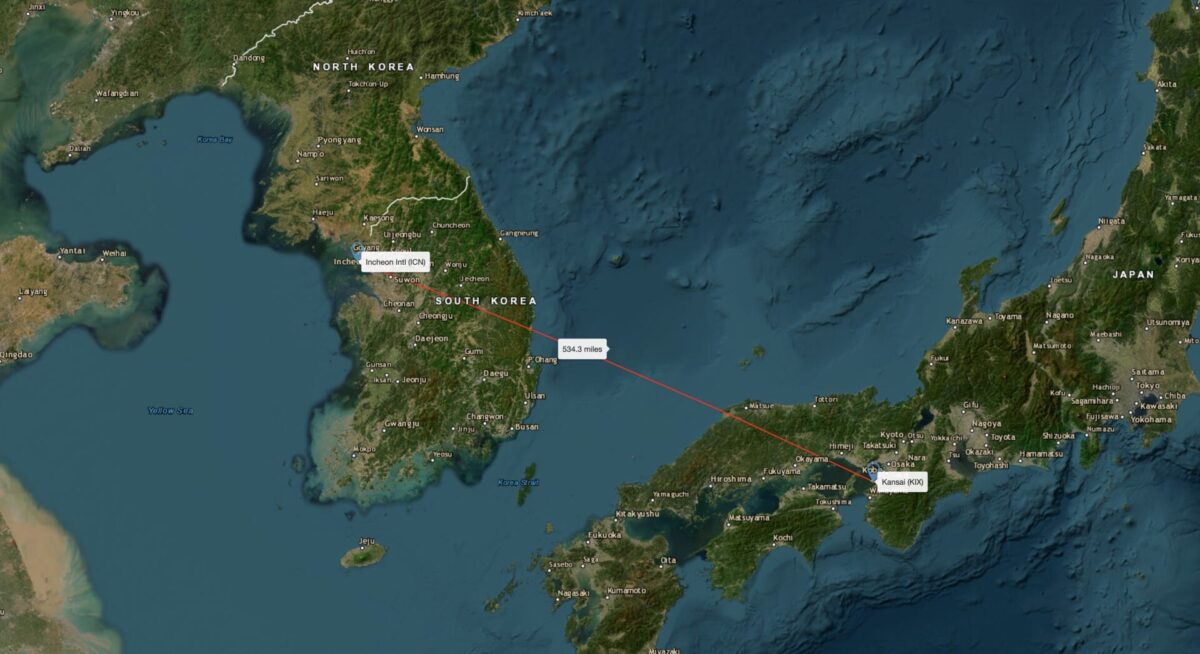

Operating the route are a real melting pot of airliners, from Jin Air’s Boeing 737NG to Asiana’s Airbus A350. Korean Air switches between the 737 MAX, the Boeing 787, the 777 and the Airbus A330 on the route, while South Korea’s T’Way Air occasionally flies its widebody A330.
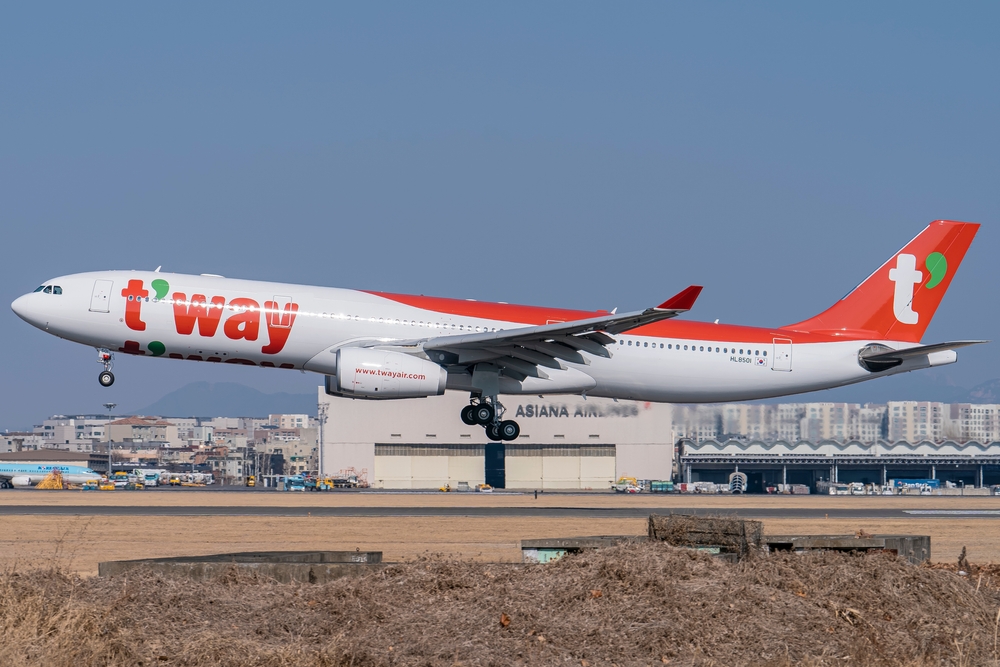

Japan’s Kansai Airport (KIX) in Osaka is the world’s only floating commercial airport. For various reasons, the airport is sinking, although projections are that it will remain usable for many years to come. Remarkably, Kansai Airport has lost no bags at all in the 30 years it has been operating.
4: Kuala Lumpur International – Singapore Changi – 5,382,163 seats
| KUL – SIN statistics | |
| Length | 185 miles |
| Airlines | Jetstar, AirAsia, Singapore Airlines, Scoot, Batik Air, Malaysia Airlines, Ethiopian |
| Rank in 2023 | 1st |
| Growth since 2023 | +10% |
| Versus 2019 | -3% |
The shortest route on this list, Kuala Lumpur to Singapore holds onto a place in the top 10 list, although it’s been knocked off the number one spot thanks to other Asian routes experiencing incredible growth. It’s up 10% in available seats since last year, but remains just under where it was in 2019
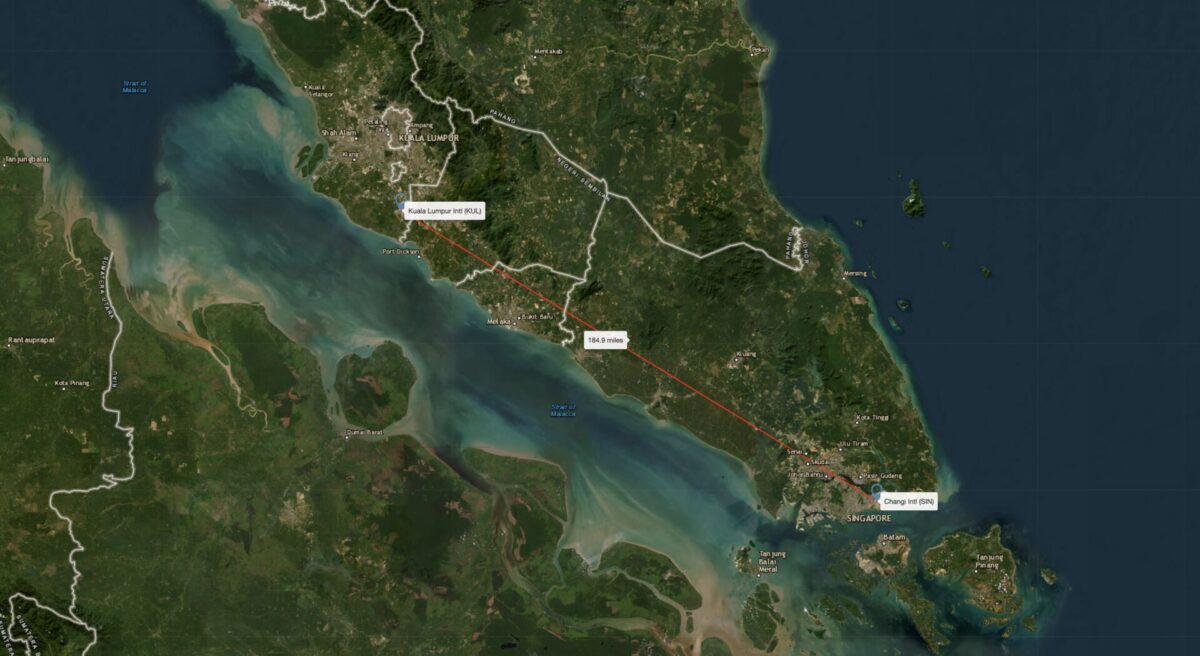

Despite the high traffic on the route, the flight time is only around an hour. It’s more convenient than by car (around 4 hours 45 mins) or by bus (around six hours), although the journey is perfectly doable by land transport. Nevertheless, the high demand for flights means there are typically more than 40 connections per day.
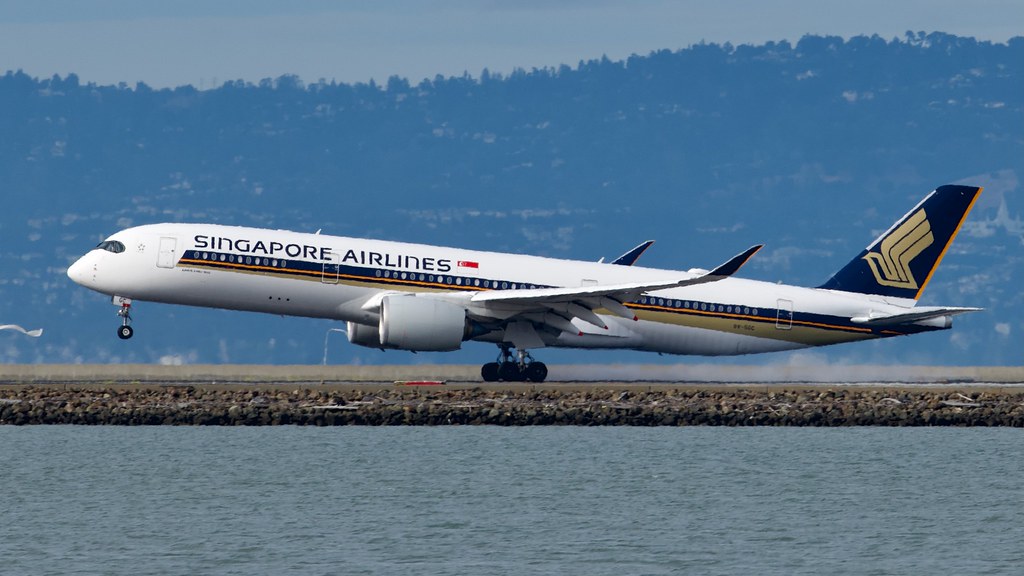

With just an hour’s flight time, you wouldn’t expect to see widebodies on the route, but you’d be surprised. Singapore Airlines flies its Airbus A350 twice daily on the route, and Ethiopian Airlines has another interesting fifth freedom route here, where you can scoot up to Malaysia on a Boeing 787 Dreamliner.
3: Seoul Incheon – Tokyo Narita – 5,410,456 seats
| ICN – NRT statistics | |
| Length | 781 miles |
| Airlines | ZIPAIR, Air Japan, Air Busan, Aero K Airlines, EASTAR JET, Air Seoul, Jeju Air, T’Way Air, Jin Air, Air Premia, Korean Air, Asiana |
| Rank in 2023 | 5th |
| Growth since 2023 | +30% |
| Versus 2019 | +68% |
The connection between the two capital cities of these nations has become ever more well-supplied. Versus 2019, the route has added a staggering 68% more available seats, making it the most well-recovered route in the top 10.
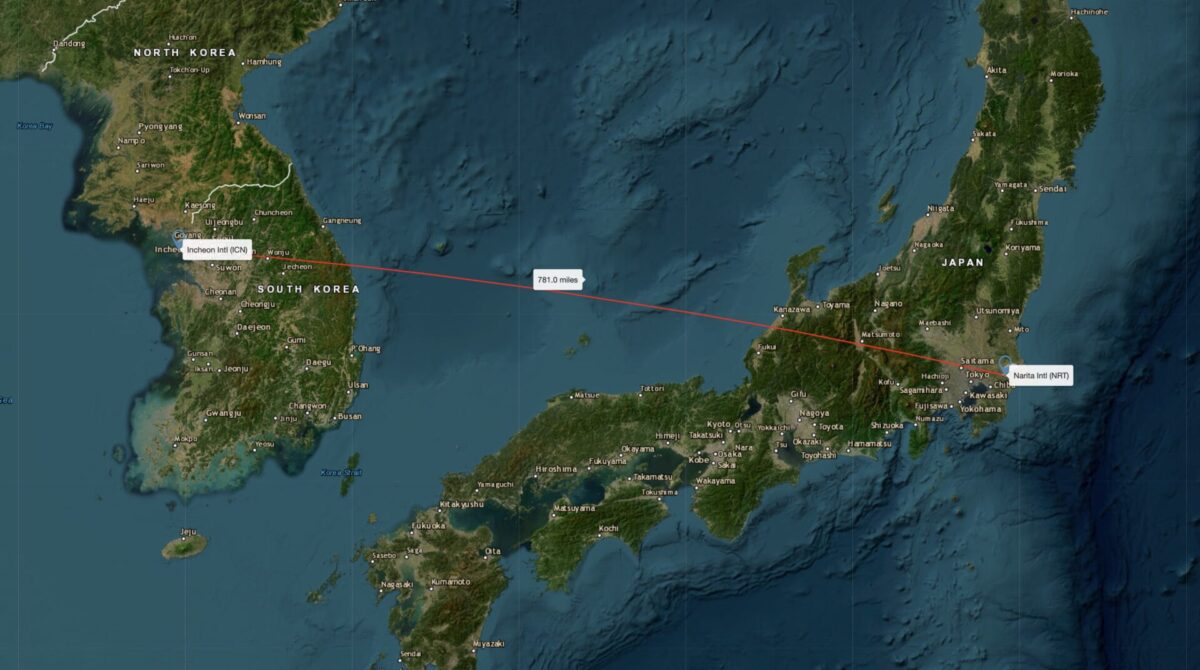

Part of this has been down to efforts to normalize relationships between South Korea and Japan. Although there’s still work to be done, Asia News Network noted that “Young Koreans don’t have to hide their travels in Japan now that the two neighboring countries have become closer again.”
Record numbers of South Koreans have been visiting Japan in 2024, with 3.73 million arriving in the first half of the year alone, according to the Japan National Tourism Organization. It has been reported by Kyodo News that Japan is even contemplating pre-clearance for visitors from South Korea.
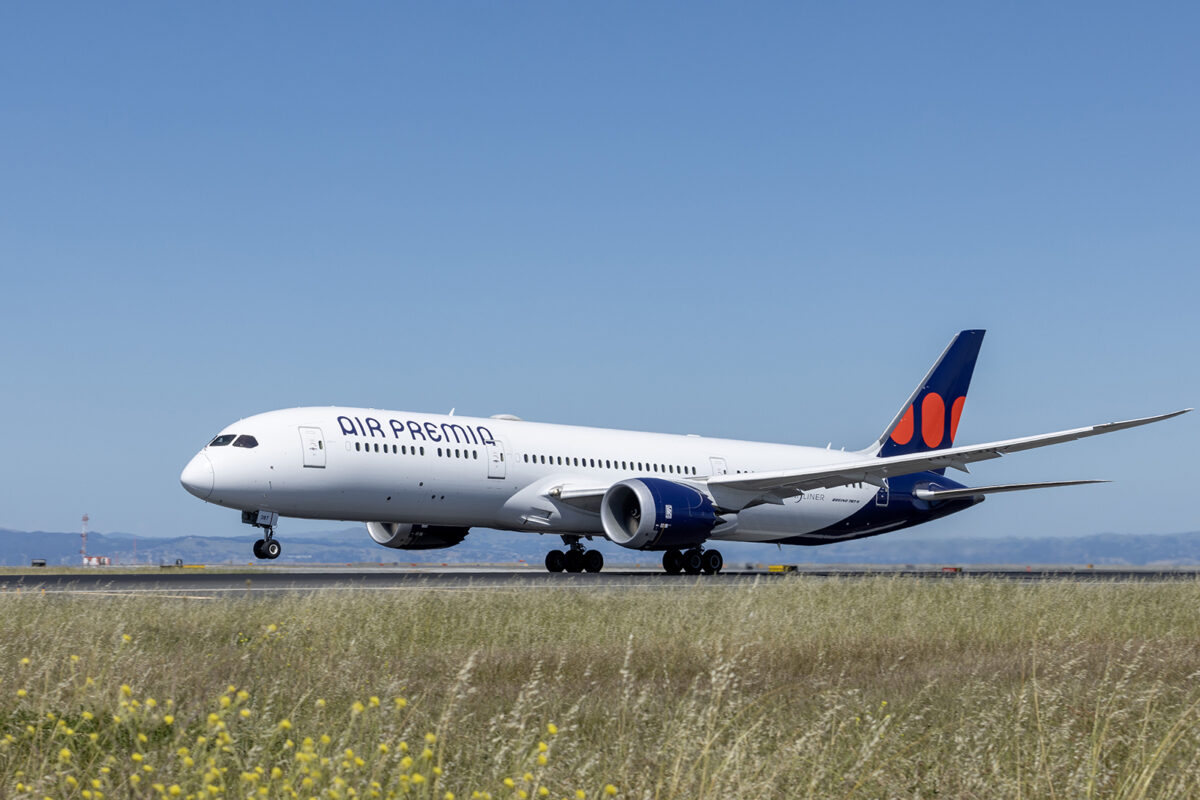

Alongside better relations, a weak yen has made Japan a hot destination for visitors from all over the world. The country set a new record for visitor arrivals this year, receiving 33.38 million foreigners by the end of November with still a month to go, surpassing a previous high of 31.88 million visitors in 2019.
2. Cairo International – King Abdulaziz International – 5,469,274 seats
| CAI – JED statistics | |
| Length | 756 miles |
| Airlines | Saudia, EgyptAir, Flyadeal, Flynas, Air Cairo, Air Arabia, Nile Air |
| Rank in 2023 | 2nd |
| Growth since 2023 | +14% |
| Versus 2019 | +62% |
Holding on to second place for another year is the very busy Cairo to Jeddah route. Operated by a healthy mix of full service and low-cost airlines, the flight is around two hours and 20 minutes in duration.
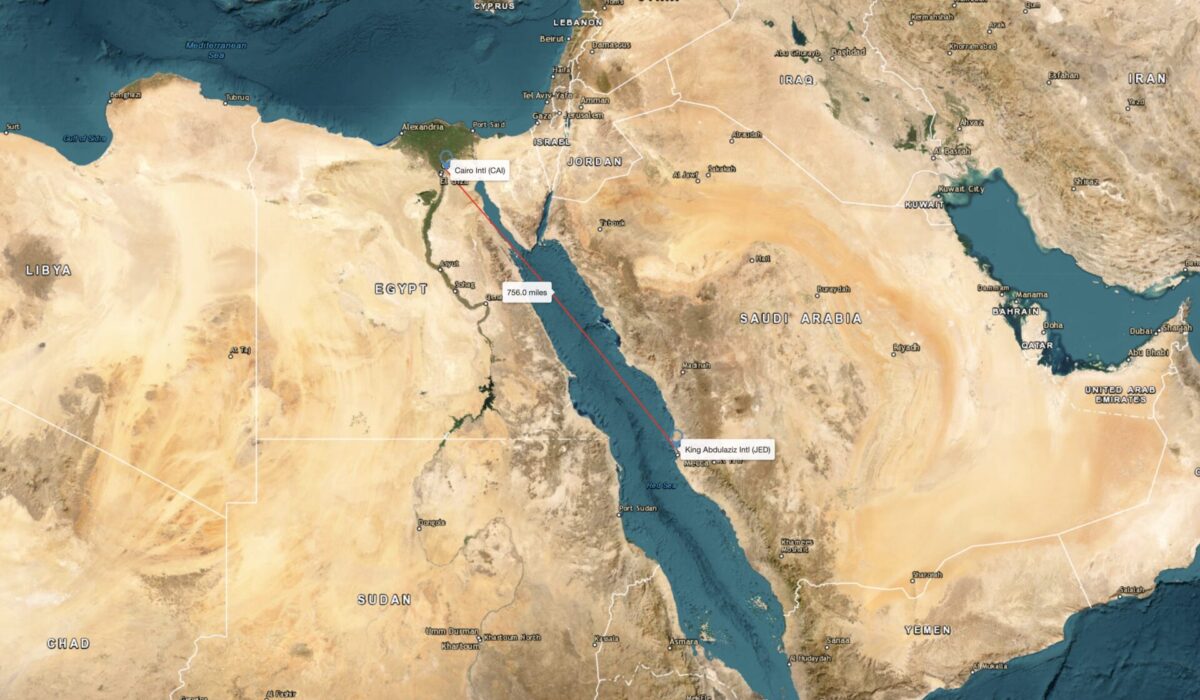

Saudia departs nine times a day on the route, most of those services using a widebody Airbus A330. It also supports seven services daily from EgyptAir, most of those also using A330s, alongside multiple daily services from narrowbody airlines.
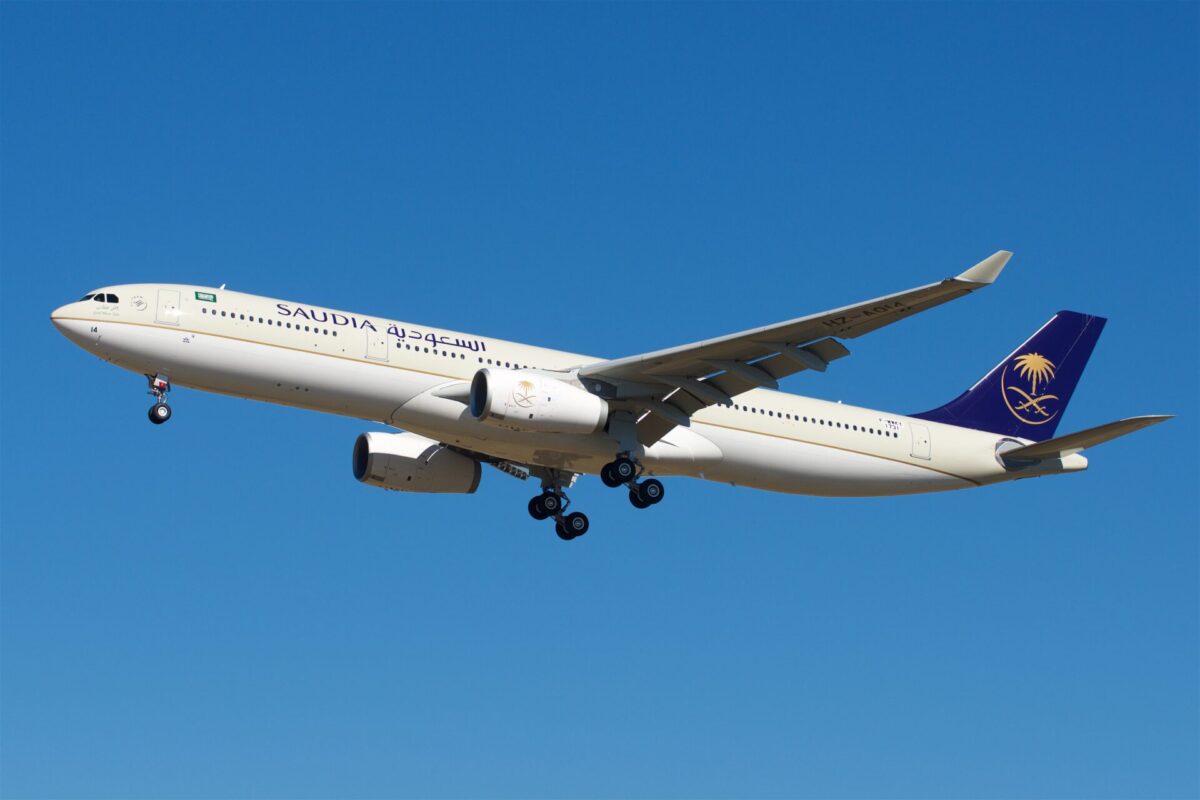

Much of the traffic is related to religious pilgrimage, as Muslims head to Mecca, but a large migrant worker population further adds to demand. As Saudi Arabia focuses on diversifying its economy through tourism initiatives, we can expect to see both Jeddah and Riyadh in the top 10 for years to come.
1. Hong Kong International – Taipei Taoyuan International – 6,781,577 seats
| HKG – TPE statistics | |
| Length | 500 miles |
| Airlines | Hong Kong Express, Greater Bay Airlines, STARLUX, Hong Kong Airlines, China Airlines, EVA Air, Cathay Pacific |
| Rank in 2023 | 3rd |
| Growth since 2023 | +48% |
| Versus 2019 | -15% |
The very busiest route in the world by some margin with a full 1.3 million more available seats in 2024 is between Hong Kong and Taiwan. Traffic on the route has grown significantly in 2024, although it remains around 15% lower than pre-pandemic, suggesting it could be even busier next year.
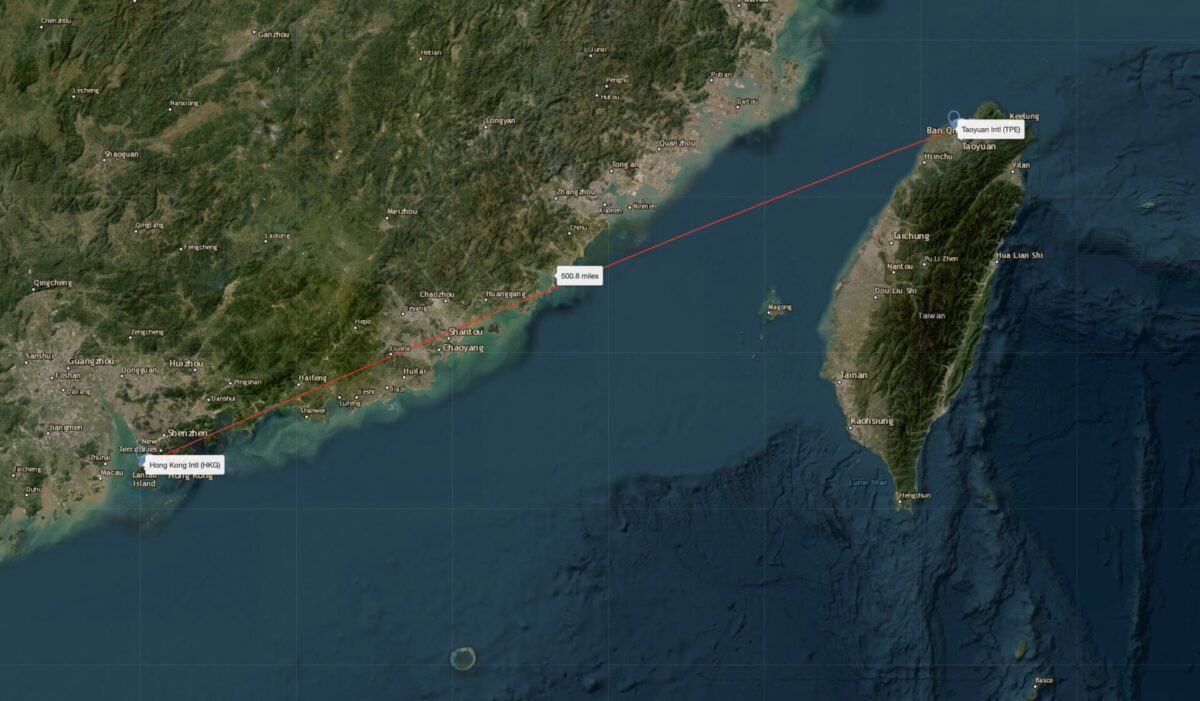

Daily, there are an incredible 35 or so flights on this route, ranging from Hong Kong Express and its no frills, no hand luggage service at around $130 to lie-flat business class from Cathay Pacific for $1,300. Also putting in an appearance with a single daily flight is the luxuriously branded STARLUX with its Airbus A350.
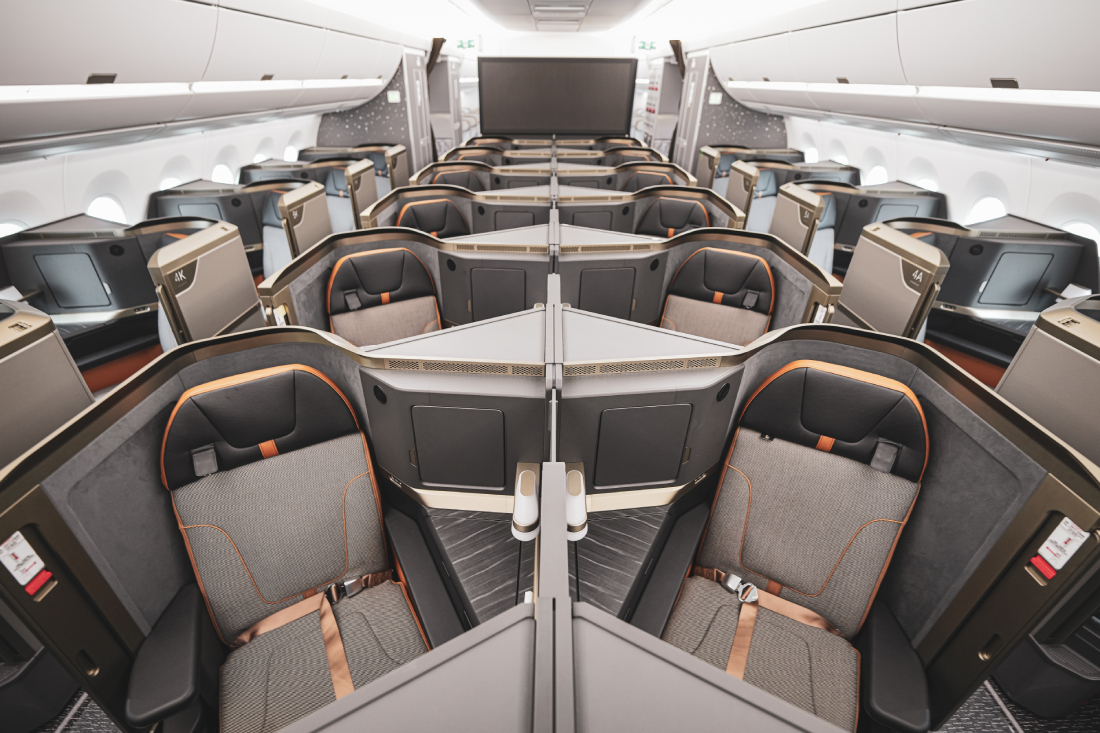

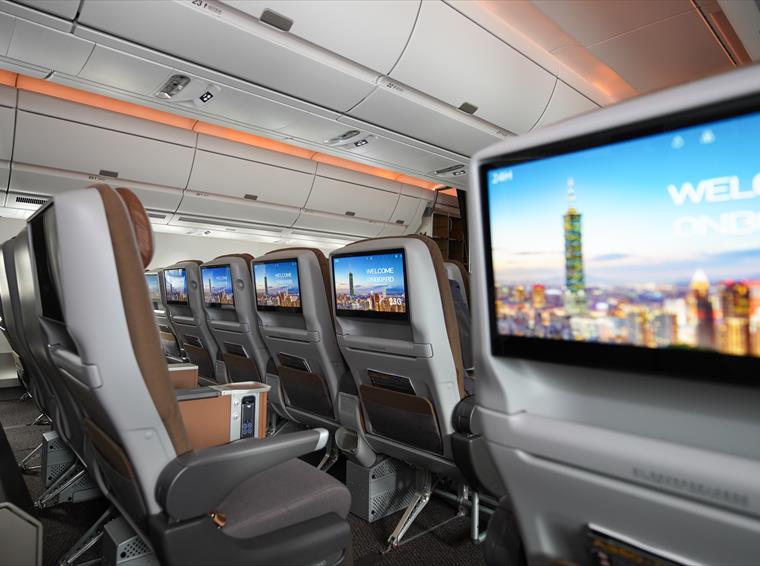

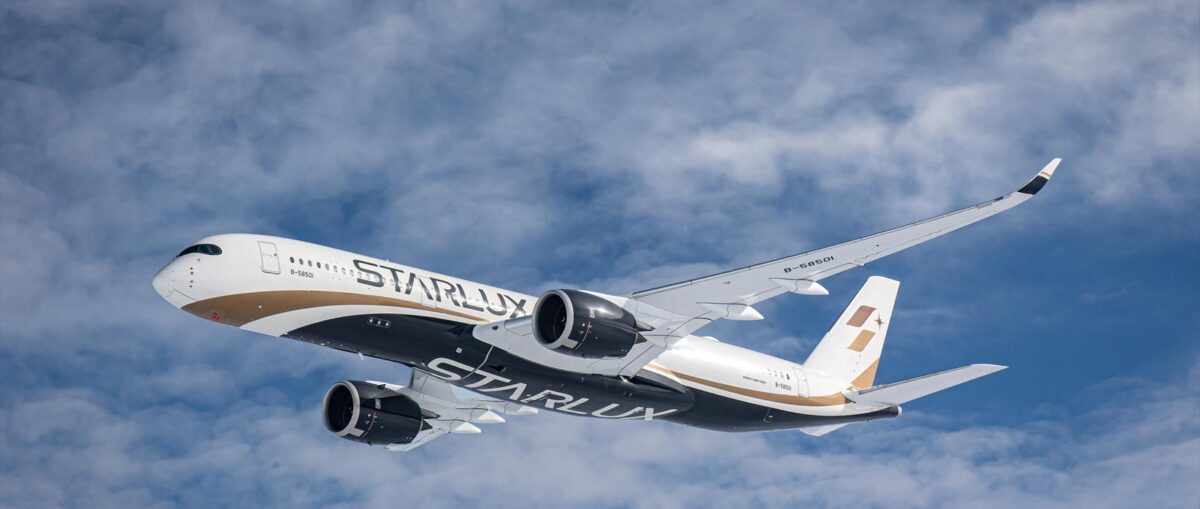

Close cultural and economic ties keep this flight route busy, with workers commuting for meetings and families reuniting for festivals. Leisure travel is popular too, with both destinations offering something a bit different.
But Hong Kong is also an important transit hub, particularly for Taiwanese travelers as there are limited direct services to mainland China. Those looking to connect to the rest of the world frequently use HKG as a gateway, adding to the demand.
This year, airlines offered a combined 6.8 million seats on the world’s busiest route; could 2025 see it break 7 million?

